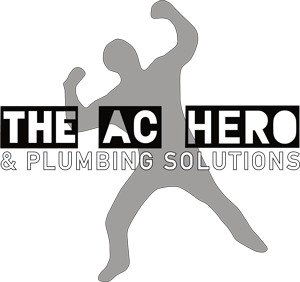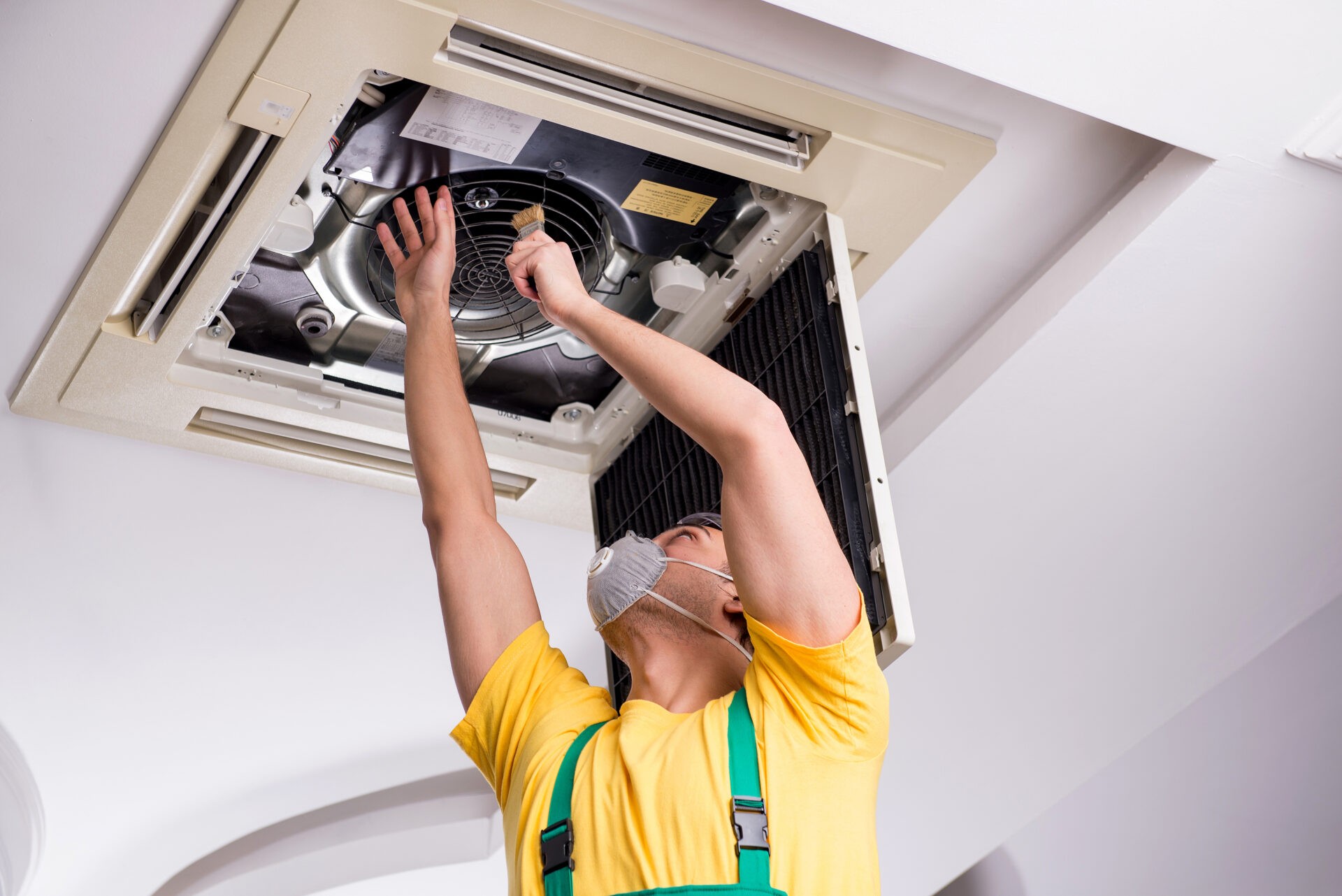It’s common for homeowners to weigh the choice of whether to repair or replace their HVAC system. There are many factors to consider and often, there is not a simple answer. These include the issue you’re facing, the cost of repairs, and age of the unit. Since making the right decision requires much thought, here are some key factors to help you decide.
Advantages of Replacing Your HVAC System
Getting a complete replacement may seem like an extraordinary investment, but there are many benefits to updating your air conditioning system.
- Cost savings: HVAC equipment has become much more energy efficient in the past decade. Energy efficiency helps you save: to learn how efficient a unit, is, check its Energy Star label. Installing Energy Star products can also qualify you for tax credits or incentives. The Seasonal Energy Efficiency Ratio (SEER) rating gauges cooling output; AC units with a SEER of 20 or higher can save up to 40% on heating and cooling costs. Also, repairing a newer system is more affordable since the government phased out R-22 refrigerant.
- Fewer repairs: Once installed, a new HVAC system can last for many years without needing repairs, reducing maintenance costs. On the other hand, frequent breakdowns make an old AC more expensive to maintain, as you’ll be paying for ongoing repairs that can exceed the cost of a new unit. In addition, a replacement model may come with a new warranty that covers future repairs.
- Temperature control and air quality: Older systems can struggle with providing a comfortable temperature and even heating and cooling in rooms. On the other hand, modern systems provide more precise temperature and humidity control. They have better filters to remove dust and particles and can reduce mold and mildew growth.
Advantages of Repairing Your HVAC System
Repairing a newer HVAC system is typically more financially feasible. You can save on the cost of a new system. Often, fixing an air leak by sealing a duct or addressing leakage in other parts of your home is effective. Minor problems can often be repaired quickly by an HVAC professional. This makes sense if the unit is working normally overall, and the cost of repairing it is below 50% of the cost of replacing it. Even if your system isn’t that new, consult with a technician on what types of maintenance can help prolong its lifespan.
Deciding Between Repair or Replacement
You don’t have to replace your air conditioner every time there’s a malfunction. But if it is 8 to 10 years old and frequent repairs are needed, the cost of replacement may be worthwhile. Older HVAC systems tend to use more electricity and perform less efficiently, so consider a replacement when there are issues such as:
- Reduced performance: An older system is more likely to have breakdowns, require costly repairs, and make noise. The convenience of a quiet air conditioner can be had with newer systems. Older models may not achieve the temperatures you set the thermostat to, which reduces comfort.
- A higher energy bill: This often indicates that your HVAC system is working harder to maintain the same temperature. Even with proper maintenance, the system will eventually lose its ability to heat and cool your home, and will need to be replaced.
- Reduced ventilation: When your HVAC unit runs less efficiently, it does not ventilate your home as well, causing higher humidity and increasing the concentration of dust and debris. Poor air quality can put your health and safety at risk.
Contact The AC Hero
At The AC Hero, we can provide expert advice on repairing or replacing your HVAC system. During the coronavirus pandemic, we are open to provide installation, replacement, and emergency repair services. For air conditioning service in North Richland Hills, Dallas, and Fort Worth, Texas, contact us today at 817-557-7586.




